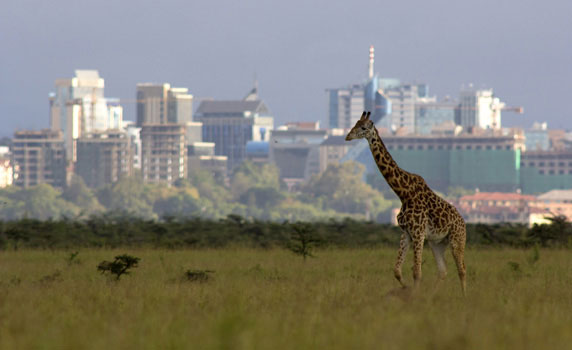
Africa’s 56 countries are home to 100 million people. But it’s probably the continent that business executives know least about.
And yet estimates suggest that more than one million new African business managers will be needed over the next decade to match the project growth facing the continent.
Within this context, more than 30 IESE MBA students have chosen to take a close look at the business, social and cultural worlds in the heart of Africa via an intensive module in Nairobi, Kenya, that will continue until January 23.
Hands-on Experience
"Doing business in Africa is a real challenge, but it’s also very satisfying," says Russian student Rouzanna Yesayan, who enjoyed "the sessions with business people from various industries as well as living with the local population. It’s very enriching and gives us a better understanding of potential African clients."
During the first week of the module, participants take two courses at Strathmore Business School: "Doing business in Africa" and "Social innovation and Entrepreneurial Initiative". Sessions focus on African business case studies, which are debated by students and faculty.
During the second week, the students form smaller groups to work on a consultancy project with local business leaders. The module includes networking forums and company visits, among other activities.
Structured as a multidisciplinary experience, enriched by a broad diversity of professors and local leaders, the program aims to give a real picture of African business people and personalities from various fields.
Potential for Growth
"Africa is the continent that’s always been seen as at the back of the line of economic development" says IESE Prof. Alejandro Lago, who leads the course "Doing business in Africa." "But it has significant potential for growth. The knowledge and experience acquired there are, by their very scarcity, of great value in an executive’s curriculum."
German student, Raphael Thelen, agrees and says he has traveled to Nairobi in search of "something you don’t find in books: A better understanding of the commercial dynamic at the base of the pyramid".
IESE Prof. Carlos García-Pont says that the course gives students "the opportunity to analyze how to develop a sustainable value chain in an emerging country and is also an opportunity to discuss what we mean by a successful social business."